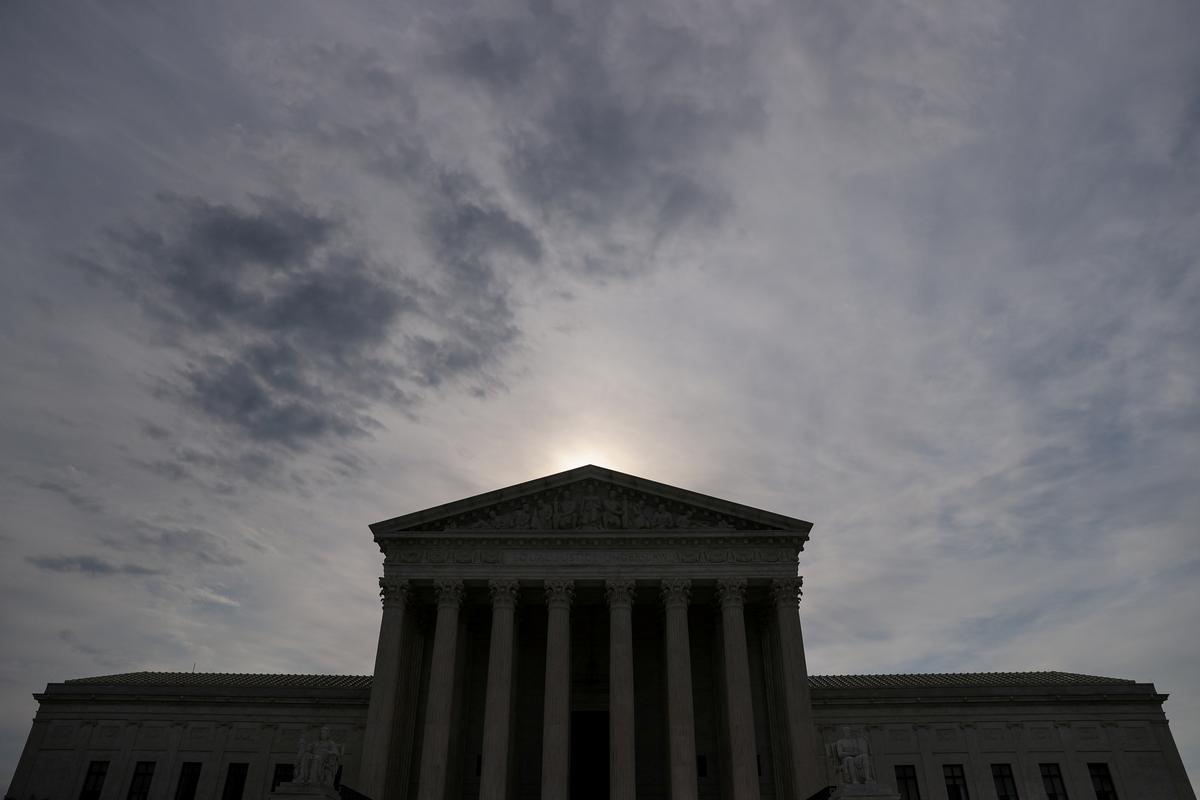WASHINGTON (Reuters) – In a major showdown over presidential powers, U.S. Supreme Court justices on Tuesday appeared divided over President Donald Trump’s bid to prevent congressional Democrats from obtaining his financial records but seemed more open toward a New York prosecutor’s attempt to secure similar records.
The court’s conservative majority signaled concern about improper “harassment” of Trump – who is seeking re-election on Nov. 3 – by three Democratic-led House of Representatives committees seeking his records. In the New York case, the conservative justices joined the court’s liberals in indicating skepticism toward broad arguments by Trump’s lawyer for complete immunity from criminal investigation for a sitting president.
All the subpoenas at the heart of the court’s back-to-back teleconference arguments that lasted about three hours and 20 minutes were issued to third parties – an accounting firm and two banks – and not to the Republican president himself, though he sued to block them.
There is a possibility the court will not simply allow or disallow enforcement of the subpoenas but rather impose tighter standards for issuing subpoenas for the personal records of a sitting president and send the matter back to lower courts to reconsider. This course of action could delay an ultimate decision on releasing the records until after the election.
The court’s 5-4 majority includes two justices appointed by Trump.
Conservative Chief Justice John Roberts could play a potential tie-breaking role in shaping the rulings. Roberts asked questions suggesting skepticism about unchecked subpoena power when applied to a sitting president but also concern about a president evading scrutiny altogether.
Trump, unlike other recent presidents, has declined to release his tax returns and other financial records that could shed light on his net worth and the activities of his family real-estate company, the Trump O

